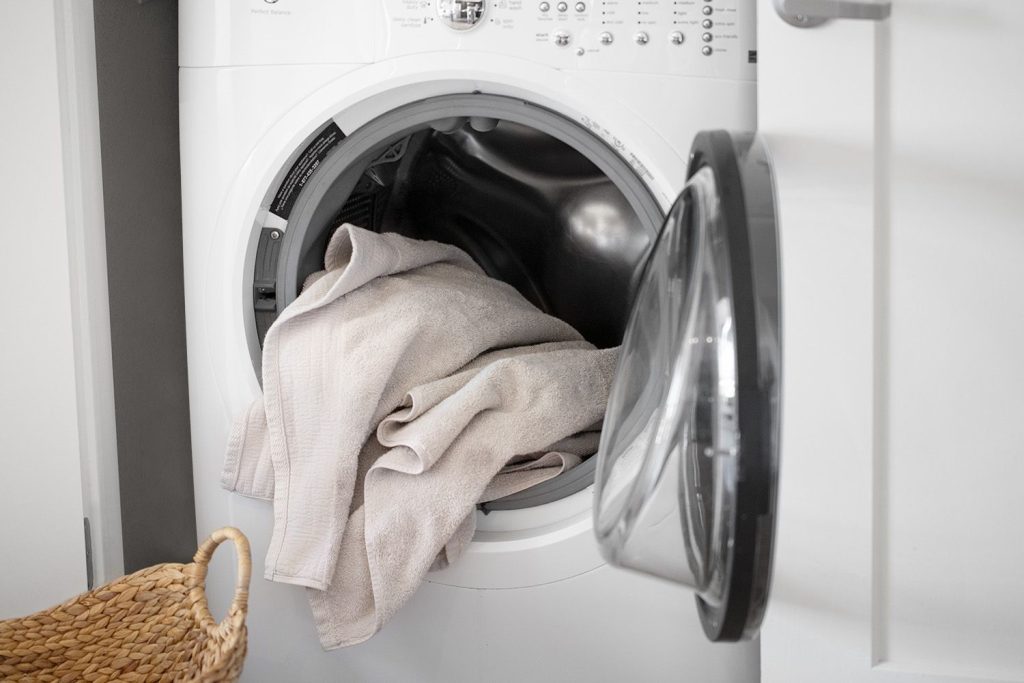Shopping for a washing machine can be a daunting task, with a plethora of features and options available on the market today. To help you make an informed decision, we have put together a glossary of essential terms to demystify the world of washing machines.
Load Capacity – This refers to the maximum weight of laundry a washing machine can handle in a single cycle. Typically measured in kilograms or pounds, it is essential to choose a capacity that suits your household’s needs. Smaller families may opt for machines with 5-7 kg capacity, while larger families might require 8 kg or more.
Front Load vs. Top Load – Front-loading machines are known for their efficiency and gentle treatment of clothes, making them ideal for delicate fabrics. Top-loading machines, on the other hand, are generally more budget-friendly and easier to load.

Spin Speed – Measured in revolutions per minute RPM, this indicates how fast the drum spins during the final cycle. Higher RPMs mean dryer clothes, but also potentially more wear and tear on your garments.
Energy Efficiency – Look for machines with an energy efficiency rating, usually marked as Energy Star or similar labels. These machines use less water and electricity, saving you money in the long run and benefiting the environment.
Water Consumption – The amount of water a machine uses per cycle can vary significantly. Consider machines with adjustable water levels or sensors that adapt water usage to the load size.
Wash Programs – Modern machines come with a range of wash programs tailored to different fabric types and levels of soiling. These can include quick wash, delicate, wool, and more. Having a variety of options can help you care for your clothes properly.
Steam Cleaning – Some washing machines offer steam cleaning features, which can be highly effective in removing tough stains and sanitizing your laundry.
Noise Levels – Washing machines can be noisy, and this can be a significant consideration if your laundry area is near bedrooms or common living spaces. Look for machines with lower decibel ratings for quieter operation.
Inverter Motor – Machines with inverter motors are quieter and more energy-efficient compared to traditional motors. They also tend to have longer lifespans.
Smart Features – Many modern washing machines come with smart technology, allowing you to control and monitor your appliance from your smartphone. This can be handy for scheduling washes remotely or receiving maintenance alerts.
Child Lock – If you have young children, a child lock feature can prevent them from accidentally tampering with the washing machine’s settings.
Delayed Start – This feature allows you to set a timer for when the machine should start a cycle, which can be helpful if you want to have your laundry ready when you get home or during off-peak electricity hours.
Load Sensors – The prosense machines equipped with load sensors can adjust water levels and cycle durations based on the size of the load, maximizing efficiency and protecting your clothes.
Add Garment Feature – This allows you to pause the washing cycle and add forgotten items after the cycle has started. It is a valuable feature for those often in a rush.
